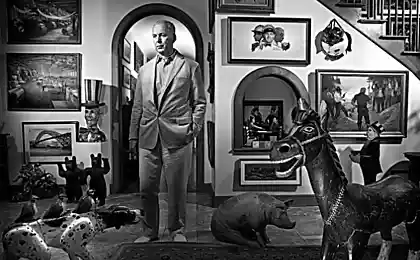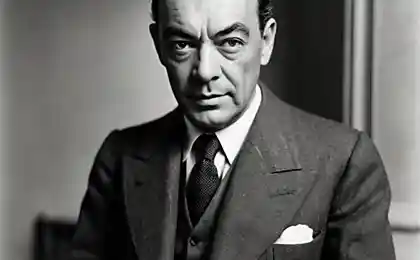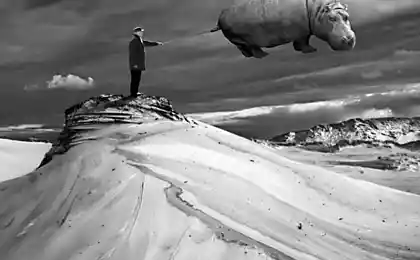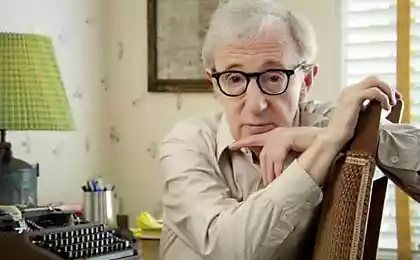1399
10 rules of life of men of genius

1. Do not work late
Not all great people spent their entire day at work. For example, the philosopher Michel Foucault worked only from 9 to 15:00. Beethoven worked from sunrise until noon. Neither of them hatched even 12 hours. Famous writer Tom Robbins did his work no more than 3 hours a day.
2. Get plenty of rest
Even in his short-lived working days, great people very often distracted from his work and staged a break. Socrates, for example, at times he could just stop by middle of the street and did not move for a few minutes. Beethoven, as we know, every morning to do a little jogging or just strolling through the mall. He is often called a pastime "work while walking».
3. Do yourself a long rest
All the great people every day for a few hours diverted from their work in order to give your brain a little rest and regain their creative balance. Beethoven set to work at dawn, but in two - three in the afternoon allowed himself to relax. It turns out that every day between work he had 14 hours. Victor Hugo also wrote his works only in the morning, devoting the entire day and evening recreation. Churchill never set to work in the evening.
4. Take a break and eat
Before you sit down Churchill even took the bathroom and put on clean clothes. For us mere mortals, lunch, a quick bite somewhere on a bench in the park or in the office, after which we immediately hasten to take their workplace.
5. It is not necessary to work in the afternoon
Of course, in each case, there are exceptions, but most geniuses have never worked in the afternoon. For example, Victor Hugo loved after a morning of work on his compositions ride on a two-tier bus to Paris and watch the work as possible future heroes of his stories.
6. Diversify your life
Days of great men were full of surprises and an amazing variety of activities. From this we can conclude that if we want to succeed, do not get hung up on the little things to try everything once. Even gloomy German philosopher, Immanuel Kant made every day day trip or dinner with friends. Gandhi loved afternoon walk, swim and walk for a long time for a massage.
Churchill painted the afternoon, fed his fish, playing cards and doing chores on his farm Chartwell. He always maintained that our brain needs a rest not so much how much diversity.
7. Do not grab the stars from the sky
Do not try to plan every minute of your day. Try to work in the morning or in the evening, and the day leave to unravel some of the accumulated problems and relaxation. The daily routine should be drawn up so as to simplify your life, not make it more complicated. When a person is constantly limited by some timeframe, it is in tension and can hardly concentrate on their main task.
8. Take time to relax
Outstanding people do not forget about relaxation. By relaxing understood not simply relax, read a good book or wash the dishes. No, many geniuses just during the day cut off your brain and not think about nothing, let him say so reboot. Gandhi often for a few minutes a day staring into the distance on the horizon. Churchill liked to smoke a cigar after breakfast, and Beethoven while walking happened came to the cafe to drink a glass of beer. Alan Greenspan admits that day likes to allocate several hours for reflection.
9. wake up early
However, on this topic is still an ongoing debate. Because, for example, Samuel Johnson, Churchill and Dylan Thomas never got up at sunrise, they loved to luxuriate in his bed at the time, as Gandhi, Mandela and Franklin all got up very early. But regardless of who were the great men of larks or owls, they periodically give their brains rest.
10. Train!
Al Gore, for example, every day at three o'clock interrupted work and made a small run. Emerson, Beethoven, Nietzsche, Victor Hugo and Gandhi necessarily every day walking in the fresh air. Nietzsche wrote that during these walks he took notes in a notebook, which later he created a real work. Morning walks Mandela became legendary after just one case, when he invited a very persistent journalist too long to seek an interview with him. The meeting was scheduled for 5:00 am. But the journalist was able to learn little from ever running Mandela, at the end of the meeting it is so much out of breath that could no longer ask questions.
























